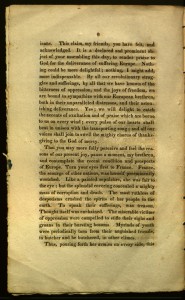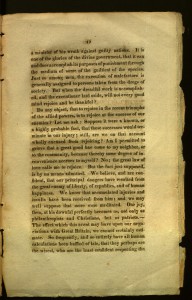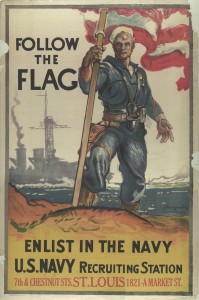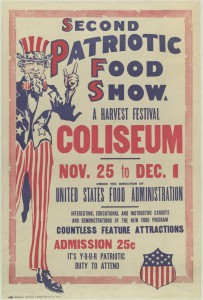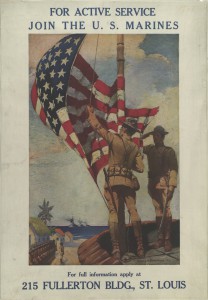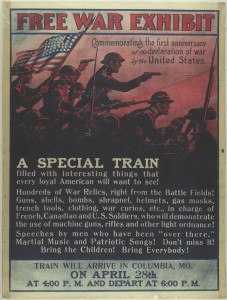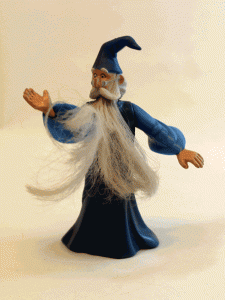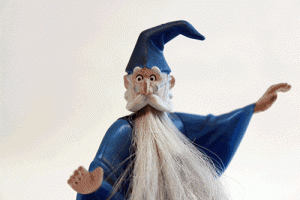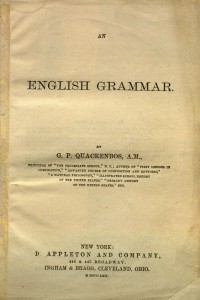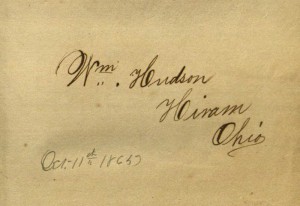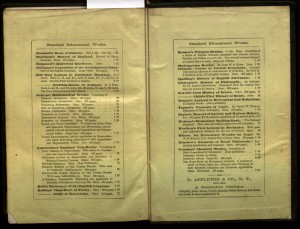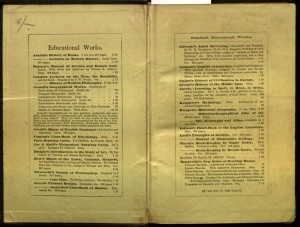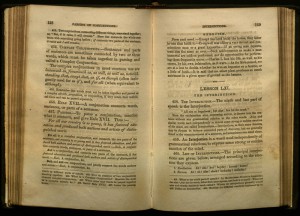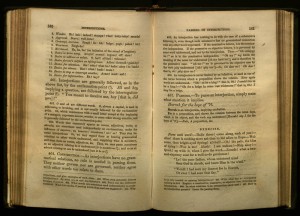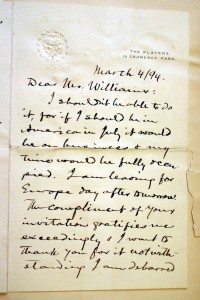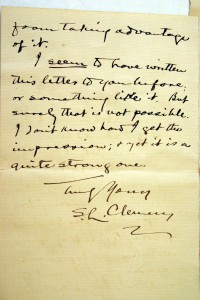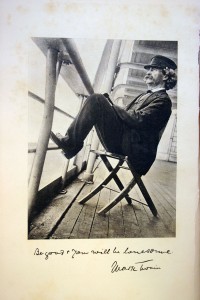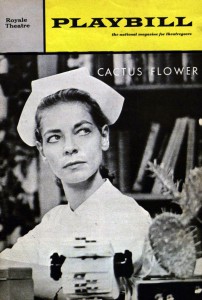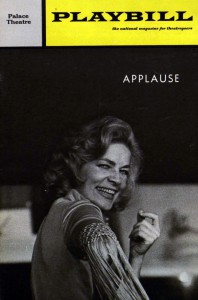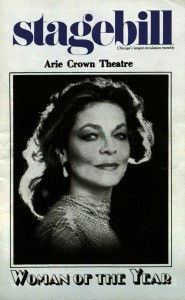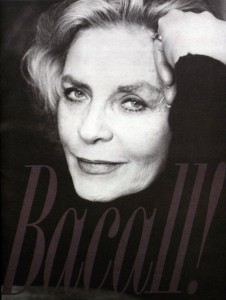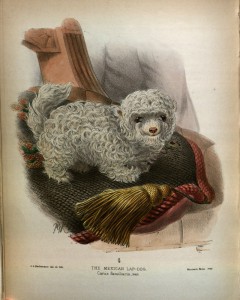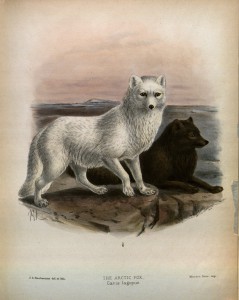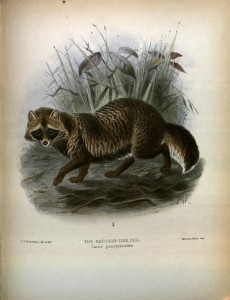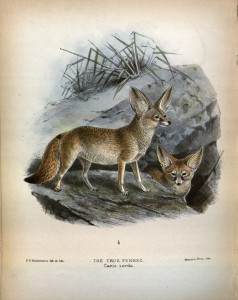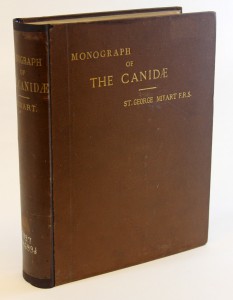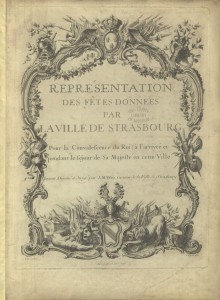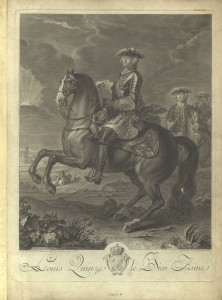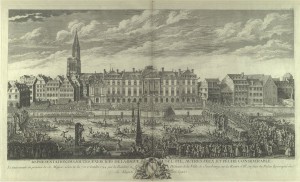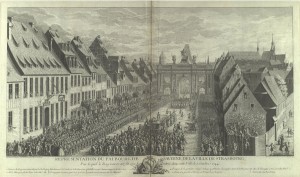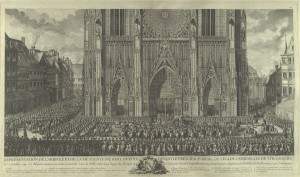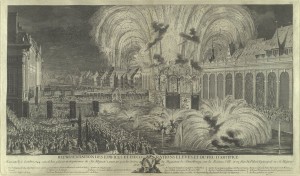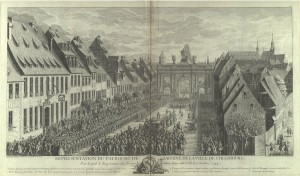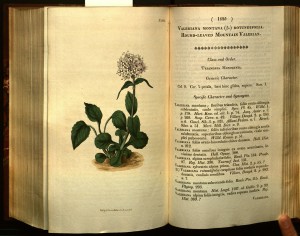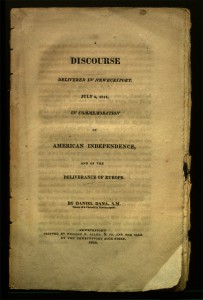 Have you ever wondered what Independence Day celebrations were like 200 years ago? For many people, the main event at Fourth of July festivities wasn't a fireworks display or even a concert; it was a sermon. The Fourth of July Orations Collection offers a glimpse into these commemorations and provides important documentation of American politics and identity from 1791 to 1925.
Have you ever wondered what Independence Day celebrations were like 200 years ago? For many people, the main event at Fourth of July festivities wasn't a fireworks display or even a concert; it was a sermon. The Fourth of July Orations Collection offers a glimpse into these commemorations and provides important documentation of American politics and identity from 1791 to 1925.
On July 4, 1814, the United States was still embroiled in the War of 1812. As we saw last year, the American military was poorly trained and equipped compared to the British forces, but by the middle of 1814, its outlook was beginning to improve. The American navy controlled part of the Great Lakes, plagued British shipping, and captured British warships. American army troops repelled attacks from the British and allied Native American tribes.
Throughout early 1814, many Americans were also paying close attention to the situation in Europe. Napoleon was forced to abdicate and exiled to Elba in April of that year – an event that many Americans celebrated, even though it was a victory for their enemy.
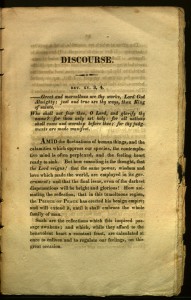 Daniel Dana noted the problematic nature of the European peace in an 1814 Fourth of July speech. Dana was a minister in Newburyport, MA, a member of the influential Dana family, and, for a short time, president of Dartmouth College. In his speech, he celebrates the "deliverance of suffering Europe" from "France, the scourge of other nations" (8). However, he acknowledges the awkward position this created for the United States:
Daniel Dana noted the problematic nature of the European peace in an 1814 Fourth of July speech. Dana was a minister in Newburyport, MA, a member of the influential Dana family, and, for a short time, president of Dartmouth College. In his speech, he celebrates the "deliverance of suffering Europe" from "France, the scourge of other nations" (8). However, he acknowledges the awkward position this created for the United States:
Do any object, that to rejoice in the recent triumphs of the allied powers, is to rejoice at the success of our enemies? Let me ask: Suppose it were a known, or a highly probable fact, that these successes would terminate in our injury; still, are we on that account wholly excused from rejoicing? Am I permitted to grieve that a great good has come to my neighbor, or to the community, because thereby some degree of inconvenience accrues to myself? No; the great law of love calls me to rejoice. (15)
Dana goes on to note that it is impossible to tell how the defeat of Napoleon would affect the conflict between Great Britiain and the United States, but remarks, "If peace is the blessing for which above all others, our country pants, the late Revolution in Europe is calculated rather to hasten, than to retard it" (16). Dana ends his speech with a call for the world to embrace Christianity rather than warfare, hopeful that the nations would "imitat[e] not the Prince of darkness, but the Prince of peace" (18). Little did he know that the Burning of Washington, a humiliating and traumatic event for the young republic, was less than two months away.
Read the entirety of Dana's speech online. The entire Fourth of July Orations Collection is available at the University of Missouri Digital Library, and also in traditional format in the Special Collections Reading Room.
